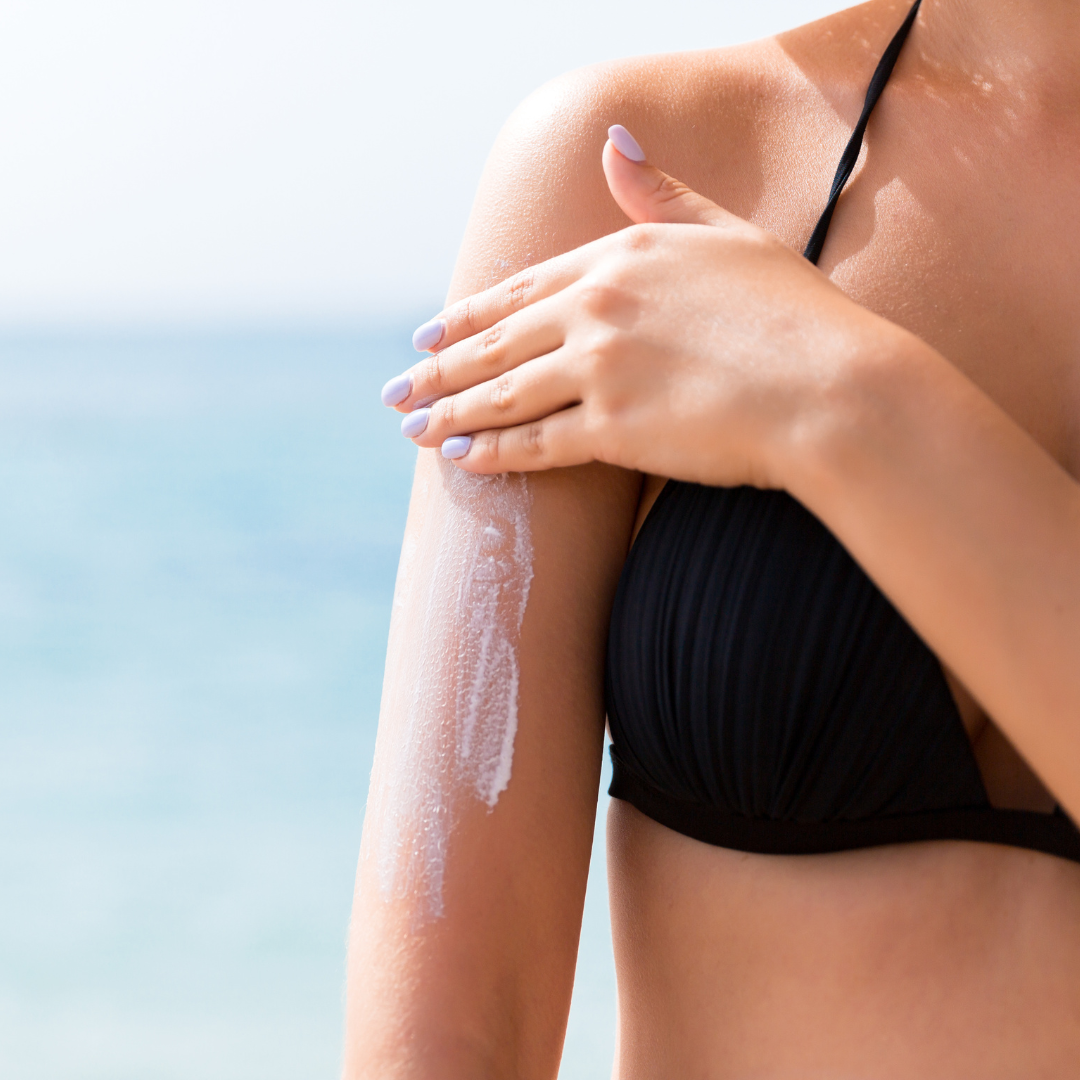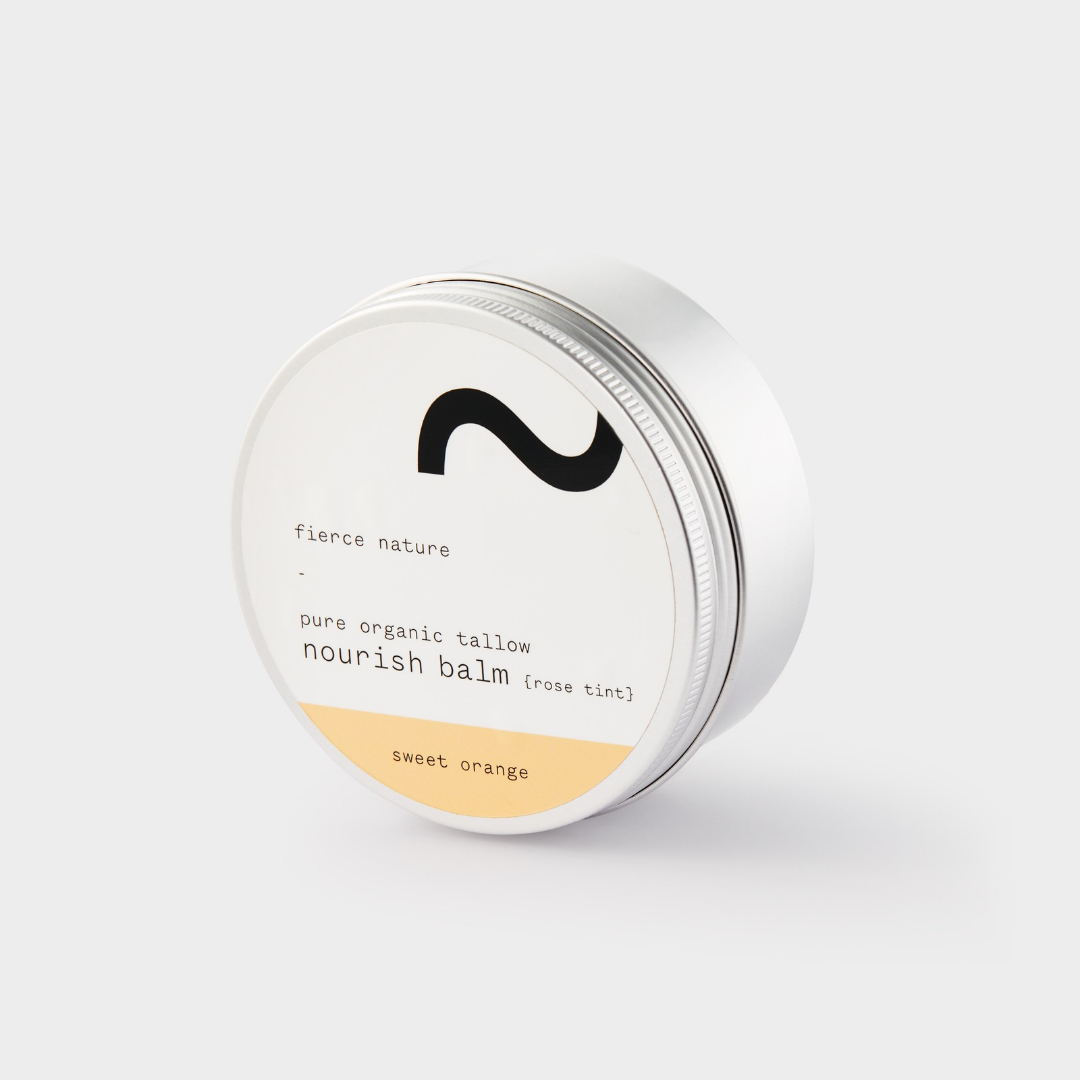In the few, but vibrant sunlit days in the United Kingdom, we encourage you to enjoy the sunlight responsibility and ensure your skin is protected.
Sunscreens, your primary defense against sunburns and skin damage, come in two variants: chemical and mineral. Chemical sunscreens contain synthetic compounds that absorb and dissipate UV rays, while mineral sunscreens use minerals like zinc oxide and titanium dioxide to create a physical barrier that reflects UV rays away from the skin.
In this article, we'll explore the world of natural sunscreens and help you make an informed choice for your sun-soaked days in the UK.
The Drawbacks of Chemical Sunscreens
Chemical sunscreens are commonly available and widely used, but they have their drawbacks. They may contain ingredients like oxybenzone, octinoxate, and avobenzone, which can be harmful to the environment and your skin. Some individuals with sensitive skin may also experience irritation or allergies due to the chemicals in these sunscreens.
Understanding Natural Sunscreens
Distinguished by their mineral-based ingredients, such as zinc oxide and titanium dioxide, natural sunscreens offer a gentle shield without the irritants found in their chemical counterparts.
Natural sunscreens, often biodegradable, sidestep the ecological harm inflicted by certain chemicals on coral reefs and marine life.
The Rise of Natural Sunscreens
Natural sunscreens have gained popularity for several reasons. Here are some advantages when you choose natural sunscreens:
Choosing Wisely
Here's how to make an informed choice:
Applying Natural Sunscreen
Proper application is crucial for effective sun protection. Here are some steps to follow:
- Apply sunscreen generously to all exposed skin areas at least 15 minutes before sun exposure.
- Reapply every two hours, especially if you're sweating or swimming.
- Pay extra attention to often-overlooked areas like the ears, neck, and the tops of your feet.
Fierce Nature: Tallow Sun Balm
Our Tallow Sun Balm emerges as an excellent natural sunscreen choice. Crafted with the finest ingredients, including tallow for deep nourishment, it extends beyond sun protection.
As you adventure during sunny days in the UK, making the switch to our Tallow Sun Balm is a statement of smart and responsible skincare. Stay sun-kissed, not sunburned, all year round, and your skin will thank you.









